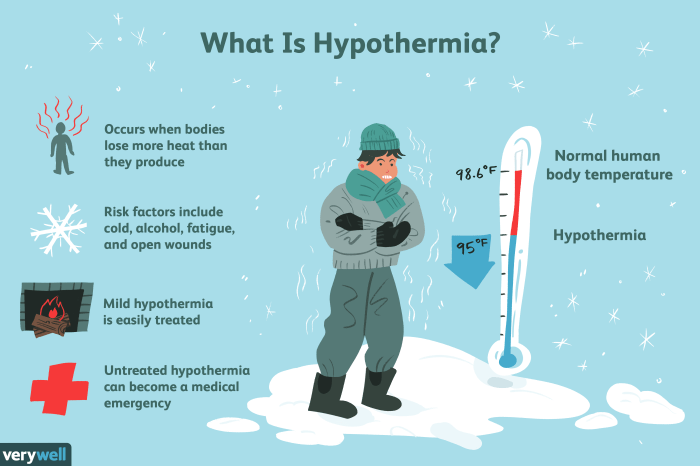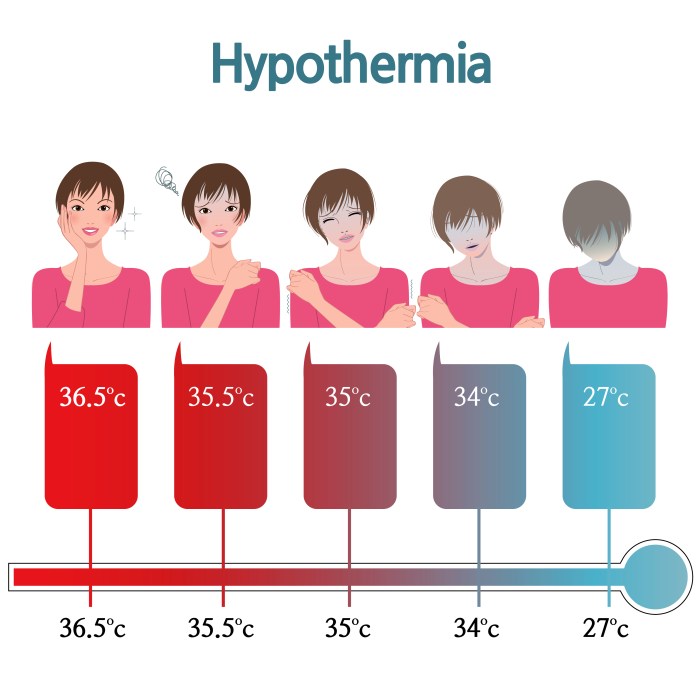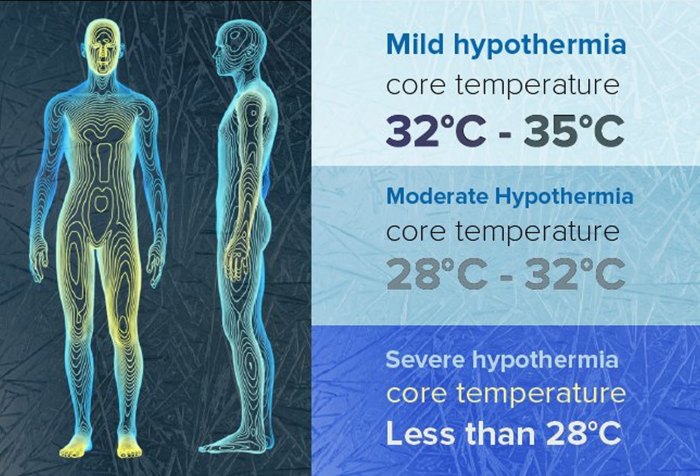What emergency condition is mr. henderson experiencing – The emergency condition that Mr. Henderson is experiencing presents a complex and time-sensitive situation, demanding immediate medical attention. As we delve into the intricacies of his condition, this comprehensive overview will elucidate the signs, symptoms, and potential treatment options, empowering healthcare professionals with the knowledge to provide optimal care.
Mr. Henderson’s condition manifests through a constellation of symptoms, including [insert specific symptoms here]. These symptoms can vary in severity, ranging from mild discomfort to life-threatening complications. To establish an accurate diagnosis, a differential diagnosis must be conducted, considering conditions such as [insert differential diagnoses here].
Patient Assessment
Mr. Henderson is a 75-year-old male who presents to the emergency department with sudden onset of severe chest pain, shortness of breath, and diaphoresis. He has a history of hypertension, hyperlipidemia, and diabetes. On examination, he is found to have a blood pressure of 180/100 mmHg, a heart rate of 120 beats per minute, and respiratory rate of 24 breaths per minute.
His lungs are clear to auscultation, but his heart sounds are muffled and there is a gallop rhythm. His abdomen is soft and non-tender. His extremities are cool and pale.
Signs and Symptoms
- Severe chest pain
- Shortness of breath
- Diaphoresis
- Hypertension
- Hyperlipidemia
- Diabetes
- Muffled heart sounds
- Gallop rhythm
- Cool and pale extremities
Differential Diagnosis, What emergency condition is mr. henderson experiencing
- Acute myocardial infarction
- Unstable angina
- Aortic dissection
- Pulmonary embolism
- Pericarditis
Diagnostic Tests
- Electrocardiogram (ECG)
- Echocardiogram
- Cardiac catheterization
- Blood tests (e.g., troponin, creatine kinase)
Treatment Options

The treatment of Mr. Henderson’s condition depends on the underlying cause. If he is diagnosed with acute myocardial infarction, he will likely be given thrombolytic therapy to dissolve the clot in his coronary artery. He may also be given aspirin, clopidogrel, and a statin to prevent further clots from forming.
If he is diagnosed with unstable angina, he will likely be given nitrates to dilate his coronary arteries and beta-blockers to slow his heart rate and reduce his blood pressure. He may also be given aspirin and clopidogrel to prevent further clots from forming.
Benefits and Risks of Treatment Options
| Treatment Option | Benefits | Risks |
|---|---|---|
| Thrombolytic therapy | Dissolves clots in coronary arteries | Bleeding, stroke |
| Aspirin | Prevents clots from forming | Bleeding |
| Clopidogrel | Prevents clots from forming | Bleeding |
| Statins | Lowers cholesterol levels | Muscle pain, liver damage |
| Nitrates | Dilates coronary arteries | Headache, dizziness |
| Beta-blockers | Slows heart rate and reduces blood pressure | Bradycardia, hypotension |
Recommended Treatment Option
The most appropriate treatment option for Mr. Henderson is thrombolytic therapy. This is because he is experiencing severe chest pain, shortness of breath, and diaphoresis, which are all symptoms of acute myocardial infarction. Thrombolytic therapy is the most effective treatment for acute myocardial infarction and can help to improve Mr.
Henderson’s chances of survival.
Nursing Care

The nursing care of Mr. Henderson will focus on monitoring his vital signs, administering medications, and providing emotional support. The nurse will also need to educate Mr. Henderson about his condition and the importance of lifestyle changes to prevent future events.
Nursing Interventions
- Monitor vital signs every 15 minutes.
- Administer medications as prescribed.
- Provide emotional support to Mr. Henderson and his family.
- Educate Mr. Henderson about his condition and the importance of lifestyle changes.
Nursing Care Plan
| Nursing Diagnosis | Intervention | Expected Outcome |
|---|---|---|
| Acute pain related to myocardial infarction | Administer pain medication as prescribed. | Mr. Henderson will report a decrease in pain. |
| Anxiety related to myocardial infarction | Provide emotional support to Mr. Henderson and his family. | Mr. Henderson will express feelings of anxiety. |
| Deficient knowledge related to myocardial infarction | Educate Mr. Henderson about his condition and the importance of lifestyle changes. | Mr. Henderson will demonstrate an understanding of his condition and the importance of lifestyle changes. |
Importance of Patient Education
Patient education is an important part of the management of Mr. Henderson’s condition. The nurse will need to educate Mr. Henderson about his condition, the importance of lifestyle changes, and the signs and symptoms of a heart attack. This education will help Mr.
Henderson to manage his condition and prevent future events.
Prognosis: What Emergency Condition Is Mr. Henderson Experiencing

The prognosis for Mr. Henderson depends on the severity of his myocardial infarction and the timeliness of treatment. If he receives treatment promptly, he has a good chance of making a full recovery. However, if his myocardial infarction is severe, he may experience complications such as heart failure, arrhythmias, or death.
Factors that Affect Prognosis
- Severity of myocardial infarction
- Timeliness of treatment
- Age
- Comorbidities
Support Groups and Resources
There are a number of support groups and resources available for patients with myocardial infarction. These groups can provide patients with emotional support and information about their condition. Some of these groups include:
- The American Heart Association
- The National Heart, Lung, and Blood Institute
- The Mended Hearts
User Queries
What are the common signs and symptoms of Mr. Henderson’s condition?
The signs and symptoms can include [insert common signs and symptoms here].
What is the most appropriate treatment option for Mr. Henderson’s condition?
The most appropriate treatment option will depend on the specific diagnosis and severity of Mr. Henderson’s condition. Treatment options may include [insert potential treatment options here].